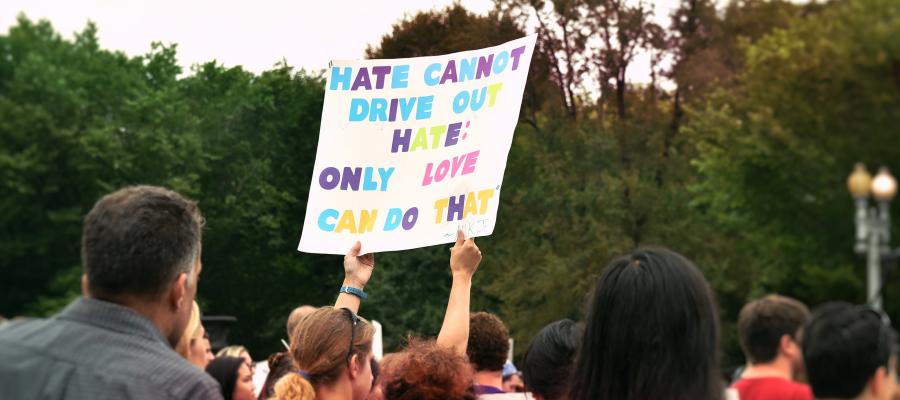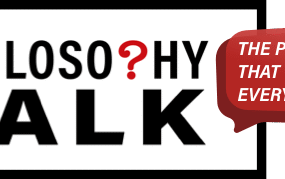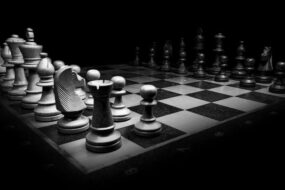
Why We Hate: Unraveling the Complexity of Hatred in a Divided World
In a world brimming with conflict, division, and hostility, it’s natural to ponder: Why is there so much hate? Is hatred ever morally justified, or does it simply perpetuate a cycle of pain and retaliation? These profound questions lie at the heart of human nature, urging us to explore the roots, consequences, and moral complexities of hatred.
Hatred, at its core, is a powerful and often destructive emotion. It stems from fear, misunderstanding, or a sense of injustice, sometimes crystallizing into deeply ingrained prejudices or ideologies. While anger can be a fleeting reaction to a specific situation, hatred tends to be more enduring, often targeting entire groups or individuals based on identity, beliefs, or circumstances. But when does hatred cross the line from a natural human emotion to a morally questionable stance? This is where the nuance lies.
Some argue that hatred can be morally justified in response to oppression, injustice, or systemic wrongdoing. They see it as a necessary catalyst for change, fueling movements that challenge tyranny and demand equality. However, this perspective risks blurring the line between hatred and righteous anger. While anger can motivate action, hatred often clouds judgment, leading to further division and harm. The question remains: Can hatred ever truly serve the greater good, or does it inevitably breed more hatred?
The cycle of hatred is a dangerous one. When we dehumanize others, whether through words, actions, or ideologies, we create a ripple effect that can escalate into violence, alienation, and further conflict. History is replete with examples of hatred spiraling out of control, leaving devastation in its wake. Yet, amidst this darkness, there is hope. By choosing empathy, understanding, and compassion, we can break the cycle of hatred and foster a more inclusive, harmonious world.
Ultimately, the answer to why there is so much hate in the world lies within us. Hatred is a symptom of deeper issues—fear, ignorance, and a lack of connection. It’s up to each of us to confront these root causes, challenge our biases, and choose love over hate. In doing so, we not only heal ourselves but also contribute to a better future for all. After all, hatred may be a part of the human experience, but it doesn’t have to define it.








No Comments